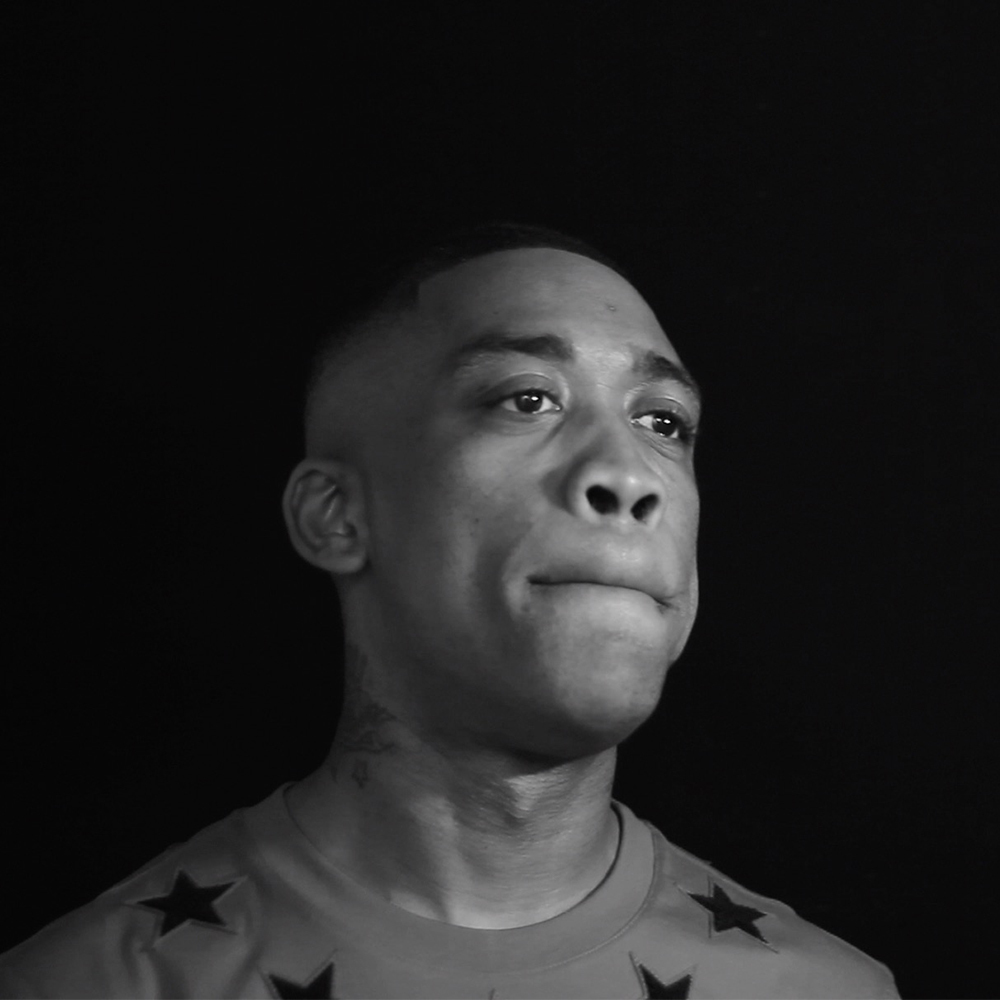The rise and rise of seminal grime rave Eskimo Dance is further evidence that the scene is currently enjoying its healthiest ever period. There’s a huge, and ever growing, audience who want to buy the music, go to shows, wear the T-shirt, support the culture.
It was a different story over a decade ago in 2005 when Form 696 (or Promoted Event Risk Assessment Form 696, to give it its full title) was introduced. 696 was a form that all promoters wishing to put on a club night were made to fill out. Ostensibly an action aimed solely at “MCs and DJs performing to a recorded backing track” (rather than, say, people playing guitars), the five-page form asked promoters and those playing to fill out extensive personal details, including any criminal history. Of course, many concerns were raised around the idea that it was predominantly black and Asian performers that were being affected — hard to argue with when you consider it wasn’t until 2008 that a section asking which ethnic groups or genres of music (i.e. grime, R&B, rap) were expected to be played was removed.
The intention of the form, said the Met Police, was to pre-empt any potentially violent situations arising at a show or a club, based upon trouble at UK Garage events in the early noughties. Upon completing the form, police could then decide whether or not an event could go ahead. With UK garage now all but dead, it was grime that suffered at the hands of 696, as promoters quickly became weary of police suddenly cancelling an event last minute under the guise of concerns for public security.
As grime began to grow in popularity around 2011 thanks to events like Boxed and Buttez and the return of Skepta, Wiley and Eskimo Dance’s Cheeky decided to fight back and revisit the legendary night that had once been a grime staple and the breeding ground for everyone from Kano to D Double E. In 2012 they bought Eskimo Dance to a sold-out Indigo2, with the scene’s marquee names — from Skepta to Wiley — all in attendance. Eskimo Dance has gone from strength to strength — despite Form 696 — and, last weekend, a sold out date at Wembley’s SSE Arena.
That’s some 10,000 grime fans all under one roof raving, and without incident. As with all Eskimo Dances, the night passed peacefully with good vibes only in effect. Olivia Rose took herself and a camera backstage to shoot this beautiful short film for i-D of the event’s performers as well as the audience. Press play on Rose’s beautiful short and read below as everyone from Rude Kid to Elf Kid fills us in on how Form 696 has affected them individually and collectively…
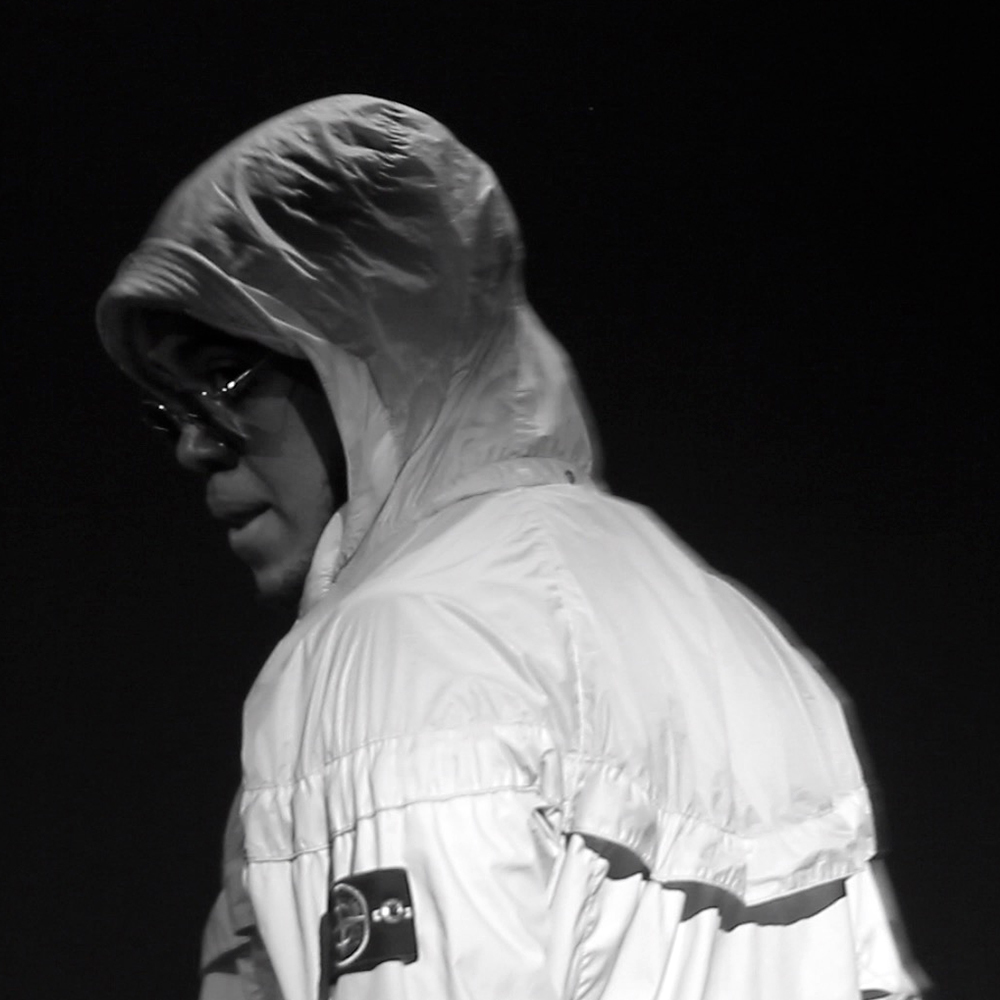
What does it mean to have Eskimo Dance at Wembley Arena?
Leila ‘Lilz’ Singh (Eskimo Dance): I think to place grime on a stage this big is huge, it’s bucket list material! It’s something we’ve always wanted to accomplish, over a decade ago, back when we were in clubs that held a few hundred people.
Rude Kid: They’re actually putting on the biggest grime show ever. I grew up wanting to be on the Eskimo Dance line-up and now, seeing my name performing in an arena, is insane. It’s inspired the movement.
What, to your understanding, is Form 696?
P Money: I believe it’s a form that promoters, sometimes artists are given to fill out, you have to provide personal details — name/ address/DOB — stuff like that. Also, I believe that the promoter has to tell them the type of crowd they are gonna be expecting and their ethnic background.
Pete Todd (No Hats No Hoods): Form 696 originated with So Solid Crew, where there was an incident at the Astoria where someone got shot. The result of that was police wanted to control and have more safety measures in place. What that meant on a more practical level was that there was a scare-mongering of grime music being played in clubs. London was, and still pretty much is, the hub of grime music, and if these artists can’t perform or put on live events it’s a way of choking the growth of these artists. Artists like Elf Kid and AJ Tracey have had to develop and try to improve their live shows by going out of London and perform.
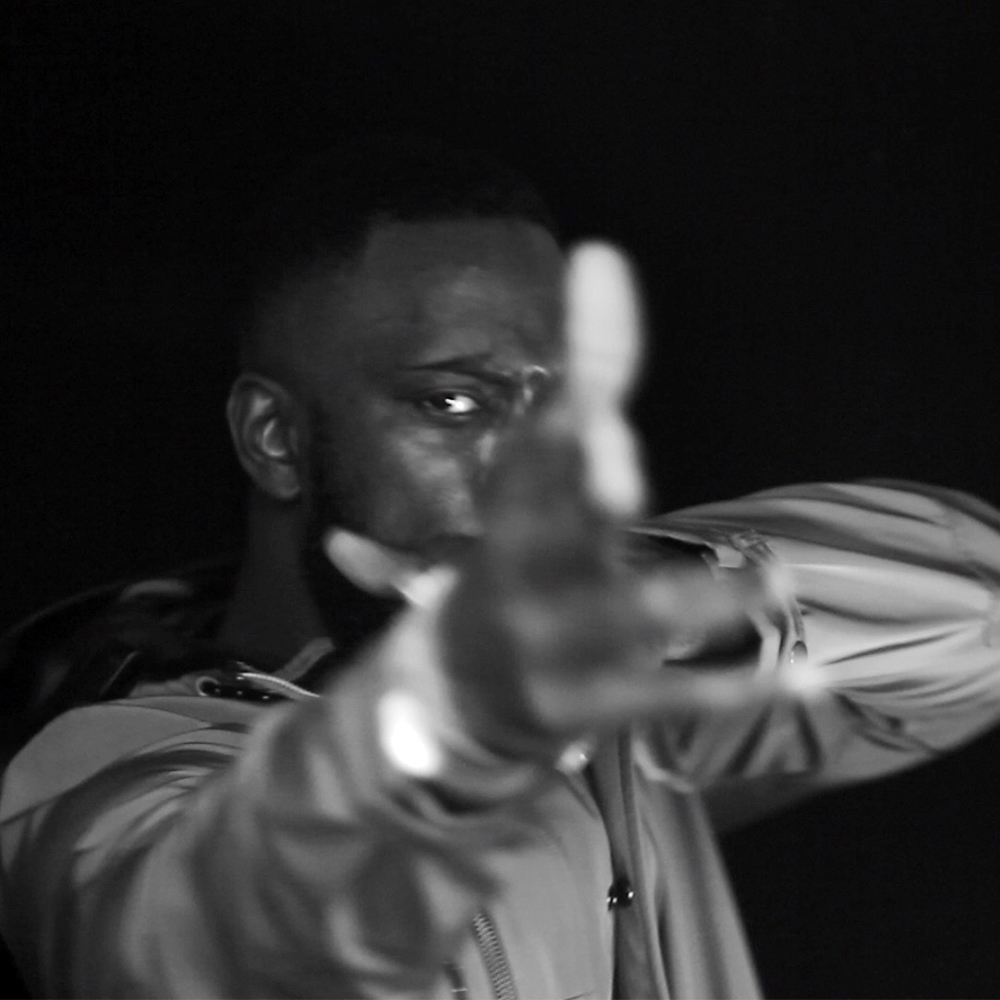
Has it been a bit easier in terms of 696 with putting on Eskimo Dance here in a live arena, rather than a club space?
Lilz: We’ve avoided some of those issues but that’s been compensated with other things. Having to fork out for security and production on the whole is a lot grander. We still have to do a risk assessment so we haven’t completely got away from it but it’s been easier to manage with such a reputable venue behind us… It’s more of a thing of, “Oh yeah, you guys can actually do an arena? Cool! We’ll have to let this one get through the net.”
What effect did 696 have on you personally, and the scene at large, since it’s been implemented?
Devlin: I would prefer to educate myself properly before I talk about 696.
Fekky: We should all actually have a meeting because, I still don’t know what a 696 is, really. All I know is that some people get blocked from doing shows.
P Money: Form 696 has affected my career and as a whole scene it’s affected us too. There’s been raves that were potentially gonna be sick for the scene, there would bring loads of artists together — and then they just get cancelled. People paid money to buy tickets, artists took time out, promoters lost out financially. They just get cancelled and we don’t get any information back, other than it’s because of the 696 form — it’s something to do with that form.
President T: Some people would say it has had a positive effect because it eradicates any unwanted trouble that might come to the horizon if you don’t screen it. But I think they should give people a chance — make sure that they are vetted and screened appropriately with what’s going on today.
Logan Sama: It’s definitely affected us and slowed things down, 100%. We’ve been doing this for a long time — 15 years!
Elf Kid: Yeah, it’s affected the scene but while it hasn’t affected me personally — being taken off of line-ups and having shows cancelled — they’re stopping my money, and they are stopping me getting booked and I haven’t done anything. I just want to make a good living from making music.
P Money: I got pulled off a Leeds line-up. They didn’t say why they pulled me of — it was with Elijah and Skilliam — and they just said they were pulling off the grime acts. They didn’t say why, just that it was via the 696 form. When we challenged it and said we demanded to know why, otherwise we’re gonna start speaking out, all of a sudden their minds had changed. “Ergh, ok, you can perform.” That’s how it’s affected me. I’ve actually lost bookings because of it.
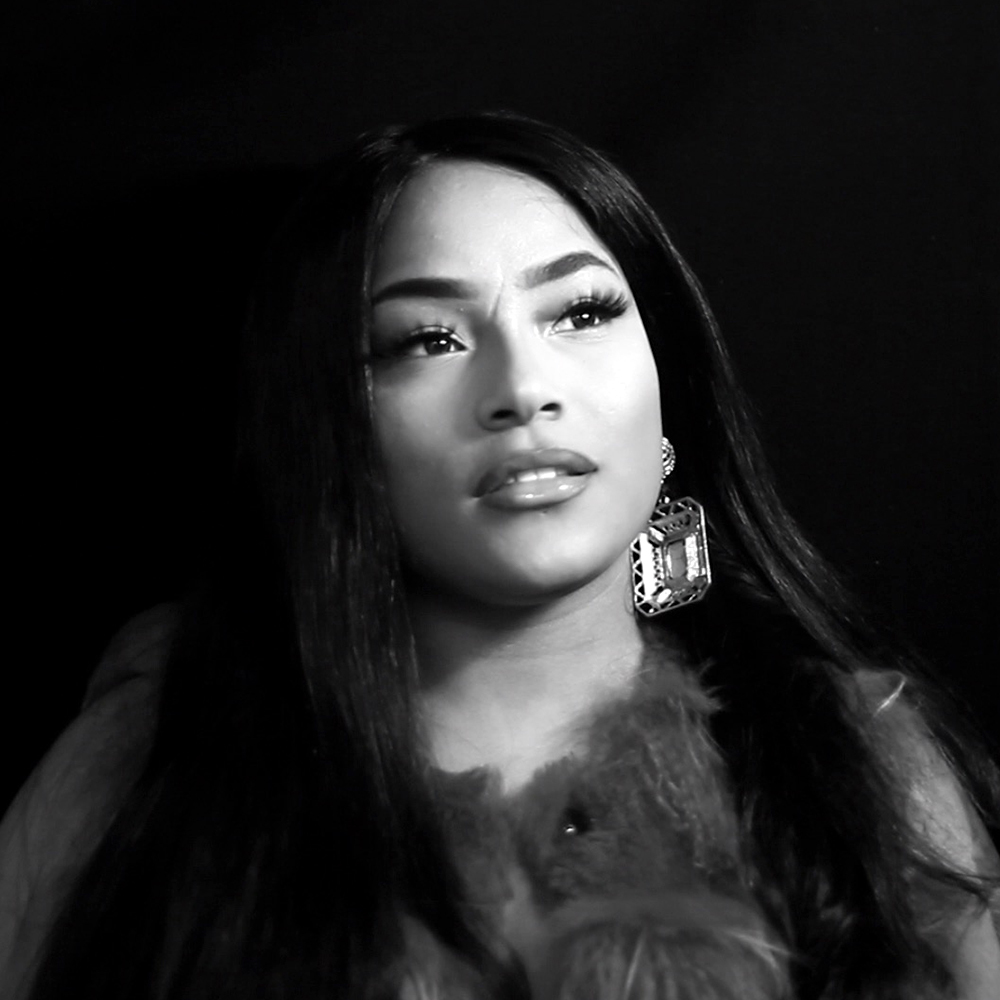
If 696 was intended to shut down grime, what does it say about the fact that Eskimo Dance is doing Wembley Stadium — its biggest venue yet?
Pete Todd: I think tonight was a really special. I think that’s a testament to all the artists, to Cheeky and all the team at Eskimo Dance. There were artists good enough to fill this space five years ago but they just didn’t get a chance to do that.
P Money: It’s sick that we’re here. It shows progress and our strength together. We’re in a place where bare artists, from all sorts of genres have come here, have done an event here and we’re doing one now.
Stefflon Don: It was turned up! I had a huge reaction for Real Ting and 16 Shots… But I don’t want to talk about politics right now.
Given his help with Fabric, is it time that Mayor Sadiq Khan helped to do away with 696?
Elf Kid: The Mayor took me to Brazil to showcase British music so he definitely rates grime. I feel if he respects grinders like me, as an artist, he should change 696.
Logan Sama: I know the police have never engaged in conversation about it. Obviously you need some risk assessment, but I think there needs to be more transparency. There needs to be work done in which sensible, committed, business-like promoters can work with the authorities to put on safe events so that people across the UK can go out and enjoy their culture. The issue with form 696 is people of a certain demographic are allowed to go out and enjoy themselves, people of another are not. That leads to all manner of very complex social problems. When you are removing the places for people to congregate, celebrate and enjoy their culture then you’re naturally gonna get negative repercussions.
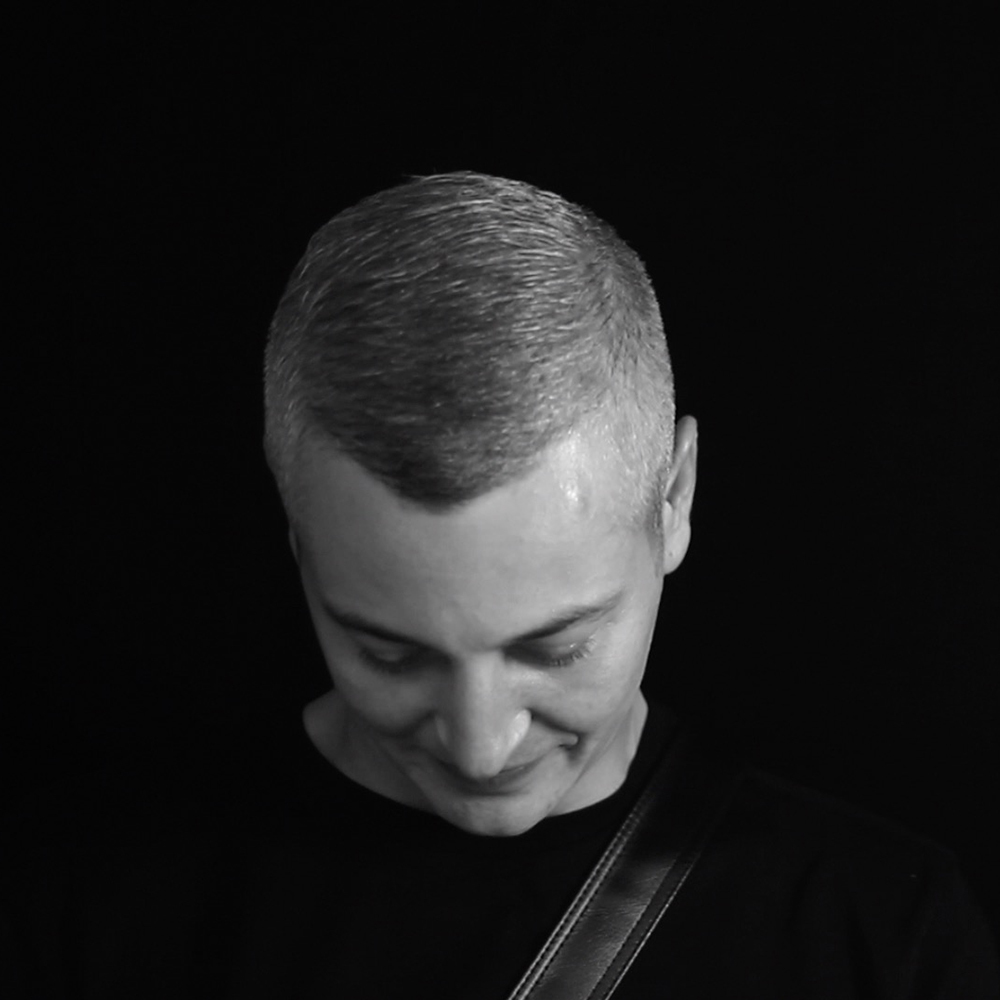
Fekky: All I say is this; if someone is trying to be positive, support that. We’ve actually got an avenue now to make money and feed our families, let us do it.
P Money: I think Sadiq Khan should definitely look into it. I don’t know if it’s a ‘get rid ting’ or change the way they approach it, I think we need answers first. We need to understand how they actually go about it. We need research done into whether it’s actually fair? We definitely need answers about why this form is here. What is it for? It should be transparent and it’s not. So that’s something that has to change before anything, before getting rid of it or changing anything, we need to understand what it is.
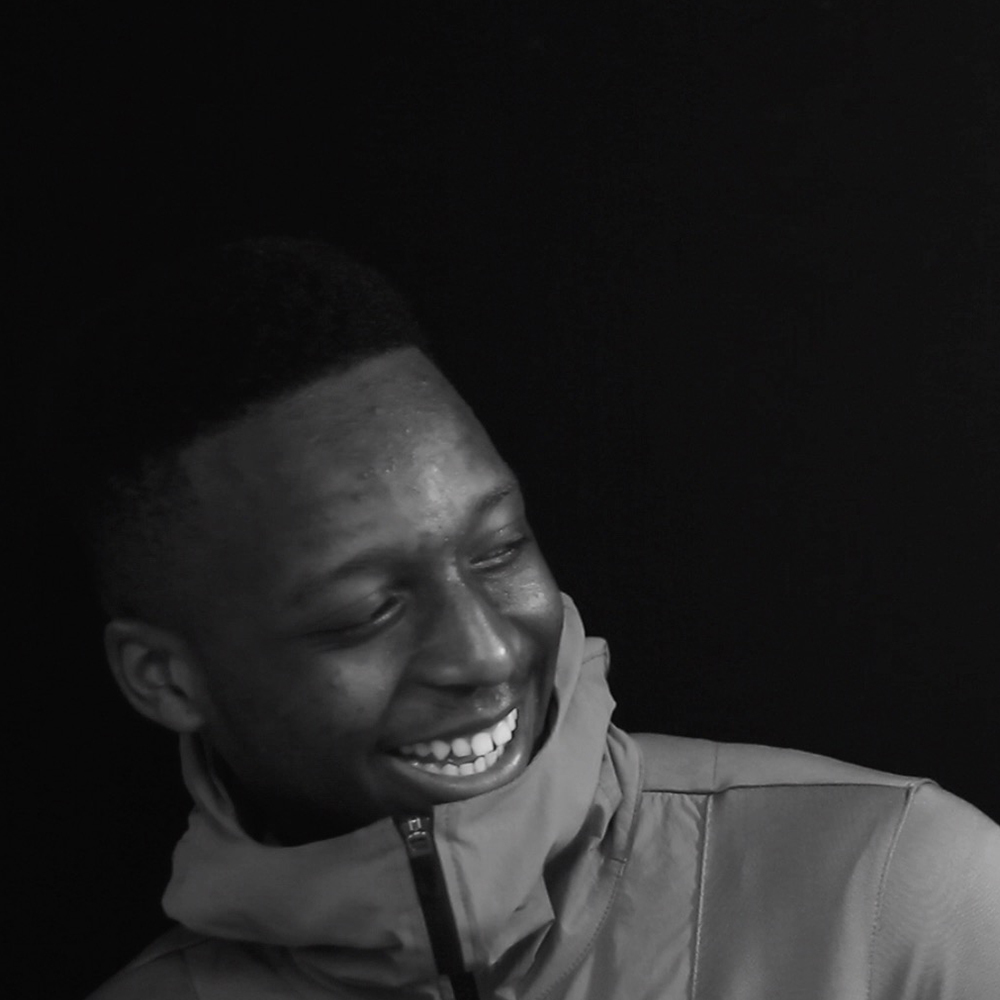
Credits
Introduction Hattie Collins
Interviews Laura Brosnan
Director Olivia Rose
Editor and DOP Ricky Rxse
Video Assistant Alia Wilhelm
Music CKtrl
